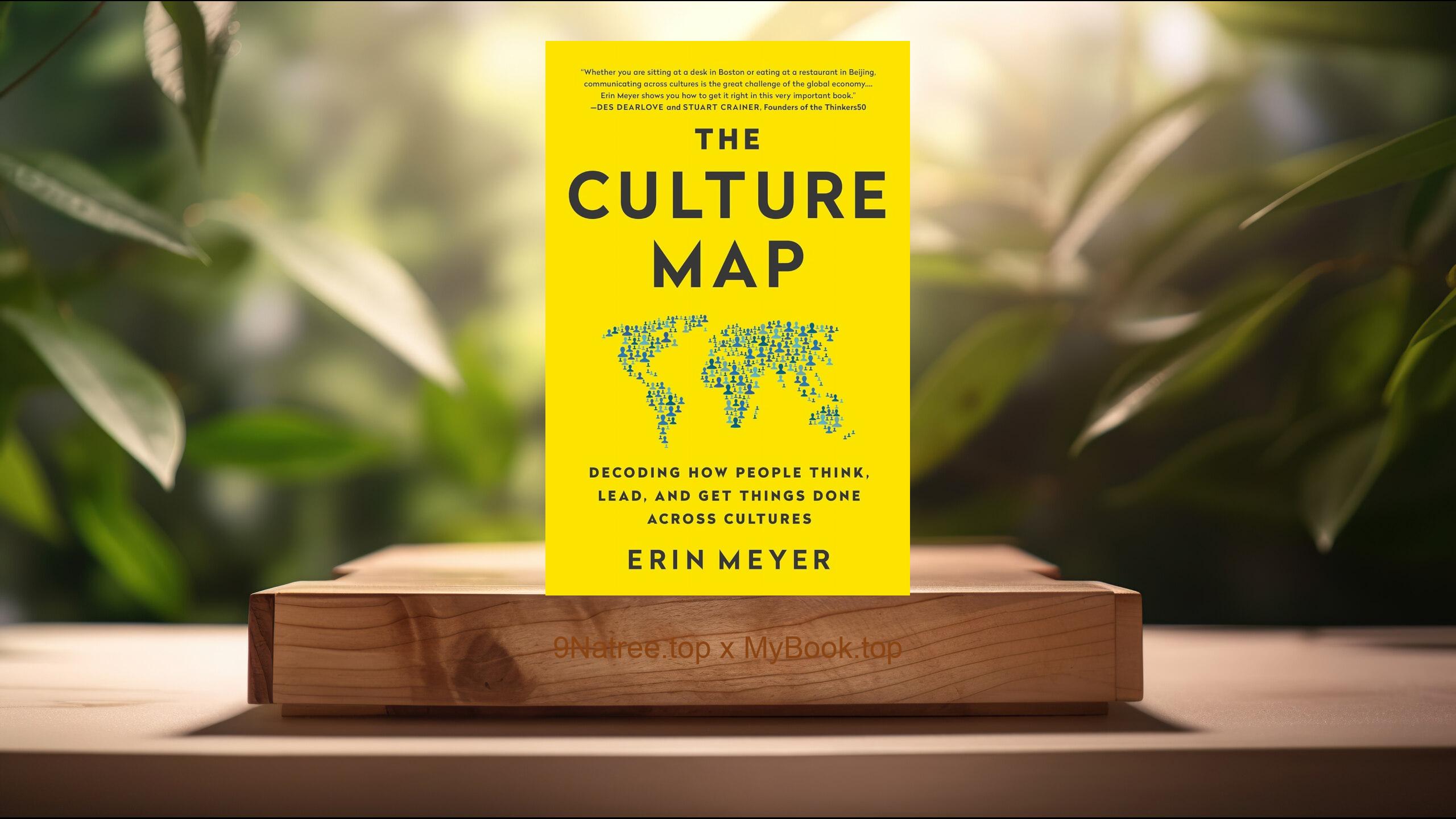Show Notes
- Amazon Books: https://www.amazon.com/dp/B077ZCGT8N?tag=9natree-20
- Apple Books: https://books.apple.com/us/audiobook/the-molecule-of-more-how-a-single-chemical-in/id1437854127?itsct=books_box_link&itscg=30200&ls=1&at=1001l3bAw&ct=9natree
- eBay: https://www.ebay.com/sch/i.html?_nkw=The+Molecule+of+More+Daniel+Z+Lieberman+&mkcid=1&mkrid=711-53200-19255-0&siteid=0&campid=5339060787&customid=9natree&toolid=10001&mkevt=1
- Read more: https://mybook.top/read/B077ZCGT8N/
#Dopamine #Humanbehavior #Creativity #Loveandrelationships #Decisionmaking #Risktaking #Neuroscience #Motivation #TheMoleculeofMore
These are takeaways from this book.
Firstly, The Role of Dopamine in Motivation and Reward, Dopamine is often referred to as the 'pleasure molecule,' but its role extends far beyond the mere sensation of pleasure. It is deeply involved in the neural mechanisms of motivation and reward. Dopamine drives us toward things that are perceived as desirable and rewarding, influencing not just our actions, but also our learning processes and habit formation. It is essential for goal-directed behavior, signaling the anticipated pleasures of achieving goals, whether they be related to basic needs like food and sex or complex desires such as career success and intellectual achievement. This powerful neurotransmitter helps encode reward-related information in the brain, guiding future behavior and decision-making. Understanding the function of dopamine in the reward system can provide insights into various aspects of human behavior and psychological conditions, including why certain activities become addictive or how motivation can be manipulated and optimized.
Secondly, Dopamine and Its Impact on Creativity, While dopamine is well-known for its role in pleasure and motivation, its influence on creativity is one of the captivating areas explored in 'The Molecule of More.' Creativity requires the ability to see the world in new ways, make connections between seemingly unrelated phenomena, and generate innovative solutions. Dopamine plays a crucial role in this process by enhancing cognitive flexibility and the capacity to think abstractly. The neurotransmitter fosters an exploratory mindset, encouraging individuals to seek out novel situations and ideas, which are essential components of creative thinking. Furthermore, elevated levels of dopamine can lead to increased risk-taking and the breaking of conventional boundaries, traits often associated with creative geniuses. However, the book also explores the delicate balance required; excessively high levels of dopamine can impede creativity, highlighting the nuanced role dopamine plays in the creative process.
Thirdly, Love and Dopamine: The Connection, Love, one of the most profound human emotions, is intricately linked to dopamine. 'The Molecule of More' discusses how dopamine is involved in the exhilarating feelings of new love and the intense longing and desire characteristic of romantic involvement. It plays a significant role in attraction and attachment, driving individuals toward potential mates. Dopamine levels spike in the early stages of love, creating a sense of euphoria and a strong motivational drive to win over the object of one's affection. However, as relationships stabilize, the role of dopamine transitions, giving way to other chemicals such as oxytocin, which foster long-term bonding and attachment. The book explores this dynamic, illustrating how understanding the neurochemical basis of love can offer insights into human relationships and the evolutionary significance of these powerful bonds.
Fourthly, Dopamine, Decision Making, and Risk, Dopamine's influence extends into the realms of decision making and risk-taking behaviors, significantly impacting how individuals weigh choices and pursue opportunities. The neurotransmitter enhances our sensitivity to potential rewards and punishments, thereby influencing our decision-making processes. In situations of uncertainty, dopamine levels can predict an individual's propensity to take risks, with higher levels often leading to more audacious and sometimes imprudent decisions. 'The Molecule of More' delves into how dopamine drives humans to seek out new experiences and challenges, pushing the boundaries of exploration and innovation. However, this quest for more can also lead to detrimental outcomes, such as addiction and impulsive behavior, illustrating the complex, dual nature of dopamine's effects on human behavior.
Lastly, The Future of Humanity and Dopamine, The exploration of dopamine's impact on the human race's past, present, and potential future is a fascinating thread throughout 'The Molecule of More.' The authors propose that dopamine has been a driving force in human evolution, propelling our ancestors to explore new environments, innovate, and adapt. In the modern world, it continues to fuel advancements in technology and society. However, the book also cautions against the unbridled pursuit of more driven by dopamine, highlighting potential future challenges such as increasing inequality, environmental degradation, and pervasive dissatisfaction. It suggests that understanding and managing our collective and individual dopamine-driven desires could be essential for creating a more sustainable and equitable future, underscoring the importance of balancing immediate rewards with long-term goals for the wellbeing of humanity.
![[Review] The Molecule of More (Daniel Z. Lieberman) Summarized](https://episodes.castos.com/660078c6833215-59505987/images/1779872/c1a-085k3-0vddqg2oto4-ast65n.jpg)




